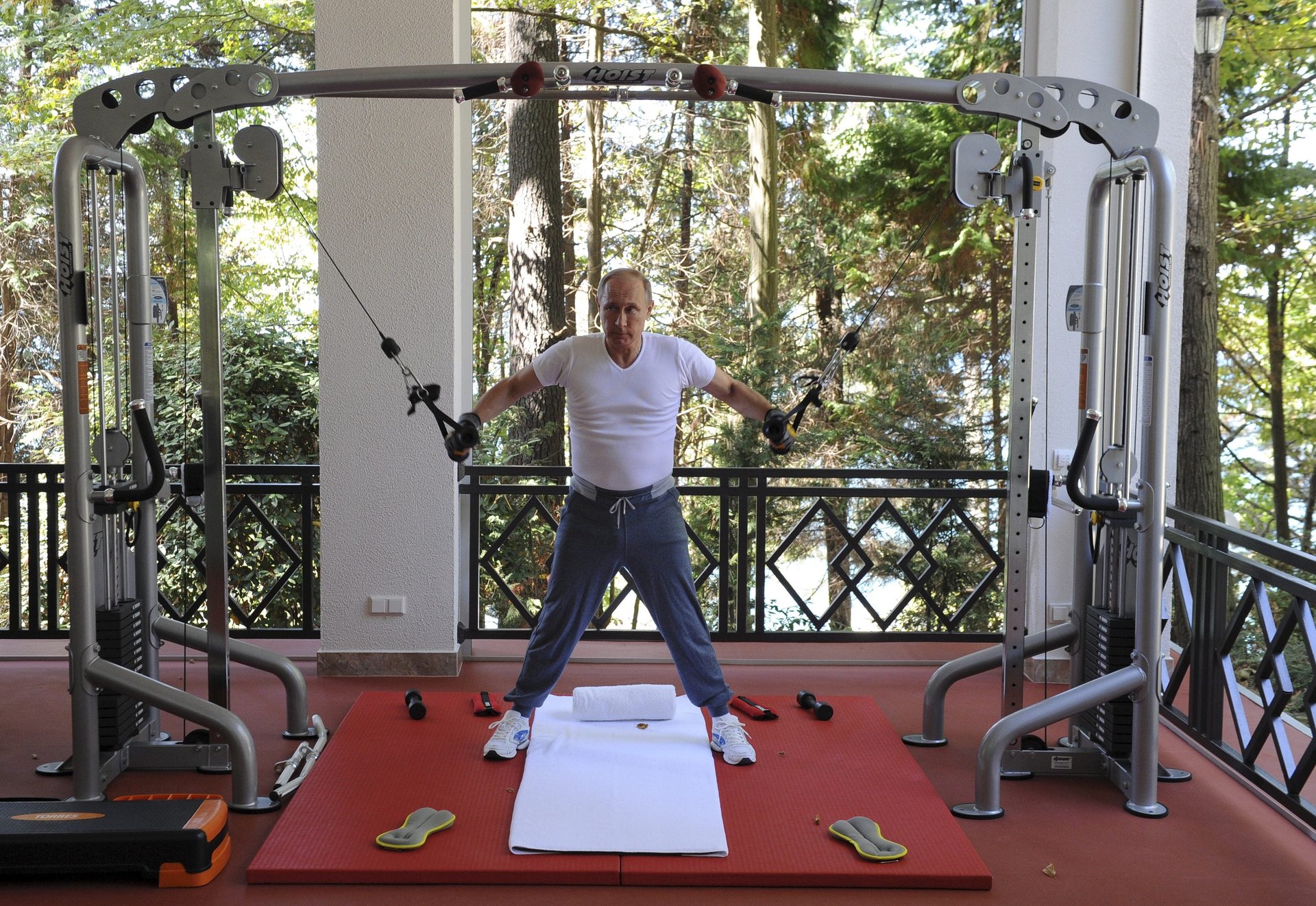Putin is playing spoiler in the US presidential election. He’s also playing Trump.
Already a substantial election-year issue, Russian president Vladimir Putin is looming ever larger in the US presidential race, flagged by Democrat Hillary Clinton as a threat to democracy, and embraced as an exemplary leader by Republican Donald Trump.


Already a substantial election-year issue, Russian president Vladimir Putin is looming ever larger in the US presidential race, flagged by Democrat Hillary Clinton as a threat to democracy, and embraced as an exemplary leader by Republican Donald Trump.
And perhaps that’s the way Putin wants it.
For more than a decade, Putin has suggested that the US is conducting a systematic campaign to weaken Russia. He has cast the “color revolutions”–popular uprisings over the last decade and a half in Georgia, Kyrgyzstan and Ukraine–as US-financed coups against elected leaders, and the Arab Spring and its aftermath as US-led hegemony masquerading as democracy. Putin’s foreign minister has openly accused the US of seeking to drive the Russian leader himself from office.
This backdrop may help to explain what US intelligence agencies suspect is a concerted Russian effort to hack into the US election edifice, using outside cyber-experts to carry out such missions: for Putin, the alleged hacking may be payback for what he perceives as US meddling on his turf.
In an interview with Bloomberg (video), Putin coyly denied the accusation, saying that Russia hadn’t “officially” engaged in such cyber mischief. “We definitely do not do that at the state level,” he said. Even if Russia did carry out such acts, a hack of that nature would be beyond its means, he said: “We couldn’t have officially penetrated” the Democratic National Committee email server, he said.
Yet, said Putin, Americans ought to stop their obsession with who did the hack. Instead, they should turn to what information was unearthed. “Does it even matter who hacked this data?’’ he asked. “The important thing is the content that was given to the public.’’
Here is partly where analysts think that Putin may be attempting to rattle the US system and thus arouse socially debilitating discord for his primary international rival: that is, if Americans believe after election day in November that Russia attempted to or did rig the election on behalf of either Trump or Clinton, the result could be “media hysteria, hearings, legal challenges, mass rallies, a constitutional crisis—followed by confusion, chaos and an undermining of the office of the presidency,” writes Russia scholar Anne Applebaum at the Washington Post.
But does Trump grasp that Putin is playing him?
In an interview broadcast Sept. 9 on RT, the Russian channel, Trump played down the possibility that Moscow is hacking the US election, and floated the notion that we may be looking less at a foreign cyber intrusion, and more at Democratic Party propaganda. “I think maybe the Democrats are putting that out,” he said. “Who knows, but I think [Russian hacking of the election is] pretty unlikely.”
Between Trump and Putin–the latter who has dismantled his political opposition and watched as his critics have been murdered over the last decade–it is not clear who is conning whom.
On Trump’s part, he has expressed admiration for Putin’s 82% approval rating as an example of having ”very strong control over a country.” Putin is a better leader than president Barack Obama, Trump said.
That has resulted in some catcalling, such as this tweet.
But the Trump campaign has doubled down. Mike Pence, Trump’s vice presidential running mate, has backed up Trump on his view of Putin. He says that Trump will actually do what Putin accuses the US of–weaken his political stature.
“I think it’s inarguable that Vladimir Putin has been a stronger leader in his country than Barack Obama has been in this country. And that’s going to change the day that Donald Trump becomes president,” he said.